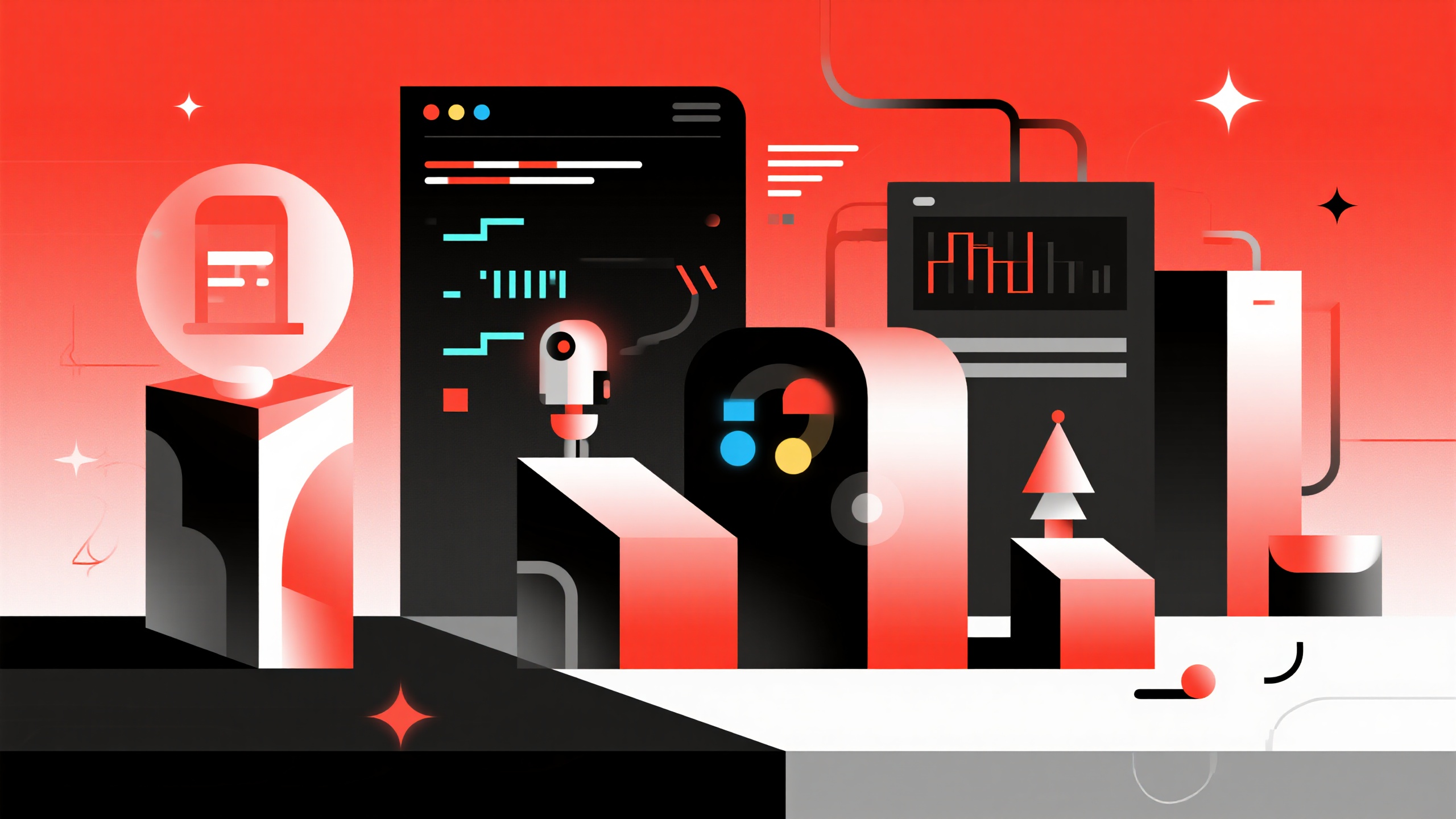Educational Technologies and Game-Based Learning
The concept of well-being in education is a framework that evaluates development from childhood to adolescence. This concept emphasizes the importance of accessing the essential resources that enable success at each stage of development and facilitate the transition from one phase to another. Educational well-being includes various metrics of success, with each outcome being crucial for different developmental stages.

The concept of well-being in education is a framework that evaluates development from childhood to adolescence. This concept emphasizes the importance of accessing the essential resources that enable success at each stage of development and facilitate the transition from one phase to another. Educational well-being includes various metrics of success, with each outcome being crucial for different developmental stages. Family, institutional, and community factors are considered the foundations of success. Among these factors are class size, materials, teachers, and special needs. Issues such as length of education, use of technology, and curriculum are also important discussion points within the scope of educational well-being.
The use of technology in education is vital for improving teaching and student–teacher relationships, as well as keeping parents informed about performance, engagement, and overall evaluation. The education segment often includes applications that enhance the learning process through interactive and gamified activities. There are many different educational contents and methods that increase the knowledge and skills of individuals across various age groups. According to PISA reports, countries with higher access to technology also have higher levels of educational well-being. In Asia, Japan, China, and South Korea rank high, while in Europe, Finland, Sweden, and Denmark stand out.
Game-Based Learning: An Indispensable Method
Research shows that the human brain plays a very active role in visually understanding concepts. Game-based learning is a teaching method that uses the power of games to define and support learning outcomes. This method fosters learning through educational games that encourage participation, instant rewards, and healthy competition. The best part of game-based learning is that it can benefit everyone from preschool to higher education, allowing students to use materials in a fun and dynamic way. Many universities and academic libraries have begun adopting this method.
Gamification is often referred to as a “superpower” because it can incorporate methods and techniques from different disciplines into an engaging framework. The cycle between gameplay and achievement provides a link between inquiry, simulation, and reality. This process includes the stages of "doing, reflecting, understanding, and applying." In 2022, the market size for game-based learning was measured at $10.9 billion, and it is expected to reach $52.8 billion by 2030 with an annual growth rate of 19.51%. According to Statista, total app revenues in the education segment are projected to exceed $15 billion in 2023. In 2022, mobile app downloads in the education segment were estimated at approximately 1.5 billion.
Examples of EdTech Startups
Science 360: An online app that helps students explore science subjects such as Chemistry, Biology, and Physics.
Google Earth: Assists in geography teaching.
Duolingo: Contributes to language learning; with 56.6 million monthly active users, it generated $269.5 million in revenue in 2022. Its game-like method boosts user retention.
BYJU’S: Offers online courses and activities in coding, math, and more for grades 1 through 12.
Quizlet: Provides learning in mathematics, science, foreign languages, and social sciences, offering expert-approved solutions.
Bookful: Uses AR technology to visualize books, making them more engaging with activities such as dance and drawing.
Socrative: An interactive platform where students and teachers can share learning through real-time questions, polls, and assessments.
Hubro Education: Provides a virtual business environment for simulation-based teaching.
Synthesis: A game platform teaching students strategic thinking and collaborative problem-solving.
Kahoot: Offers fun quizzes appealing to a wide audience.
Schools Buddy: Strengthens family–school relations with payments, invitations, and a family portal.
The World of Technology Education: Riders
One of the main investment areas we focus on at Boğaziçi Ventures is Educational Technologies. One of our portfolio companies in this field, Riders, is among our ventures that has begun global expansion. Riders is an educational platform where students can experience 21st-century technologies such as robotics, artificial intelligence, and machine learning through simulations. Presenting STEM content with the excitement of e-sports, Riders provides a coding editor and simulation environment without the need for costly robotics kits.
Students using Riders can design their robots with the Design Your Robot feature, customizing parts, sensors, and dimensions before coding with their personalized robots. This feature enhances students’ coding and design skills while also improving their problem-solving abilities.
In line with our vision of supporting examples where technology is used for a better world, we will continue to expand our portfolio in the EdTech sector.